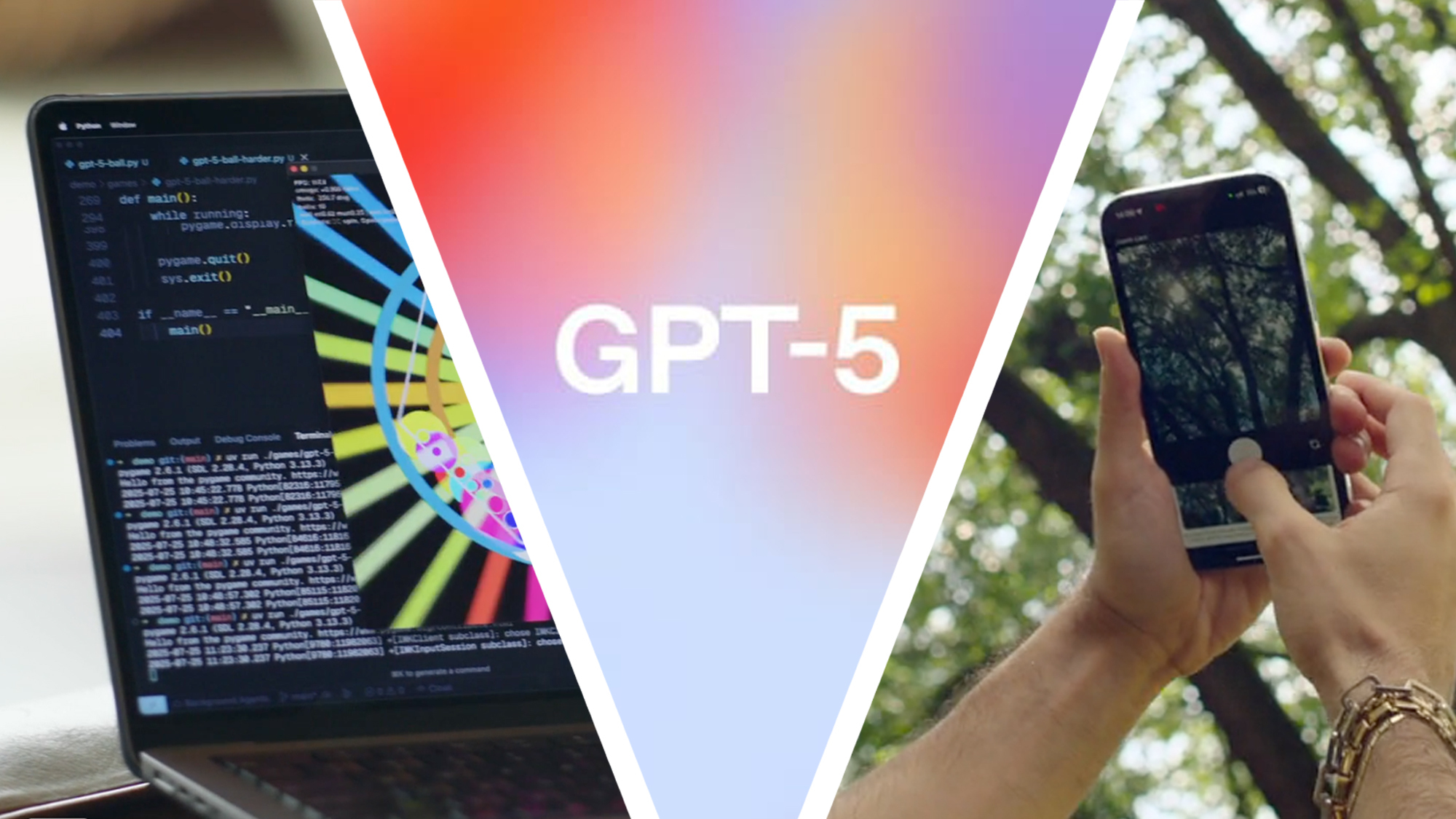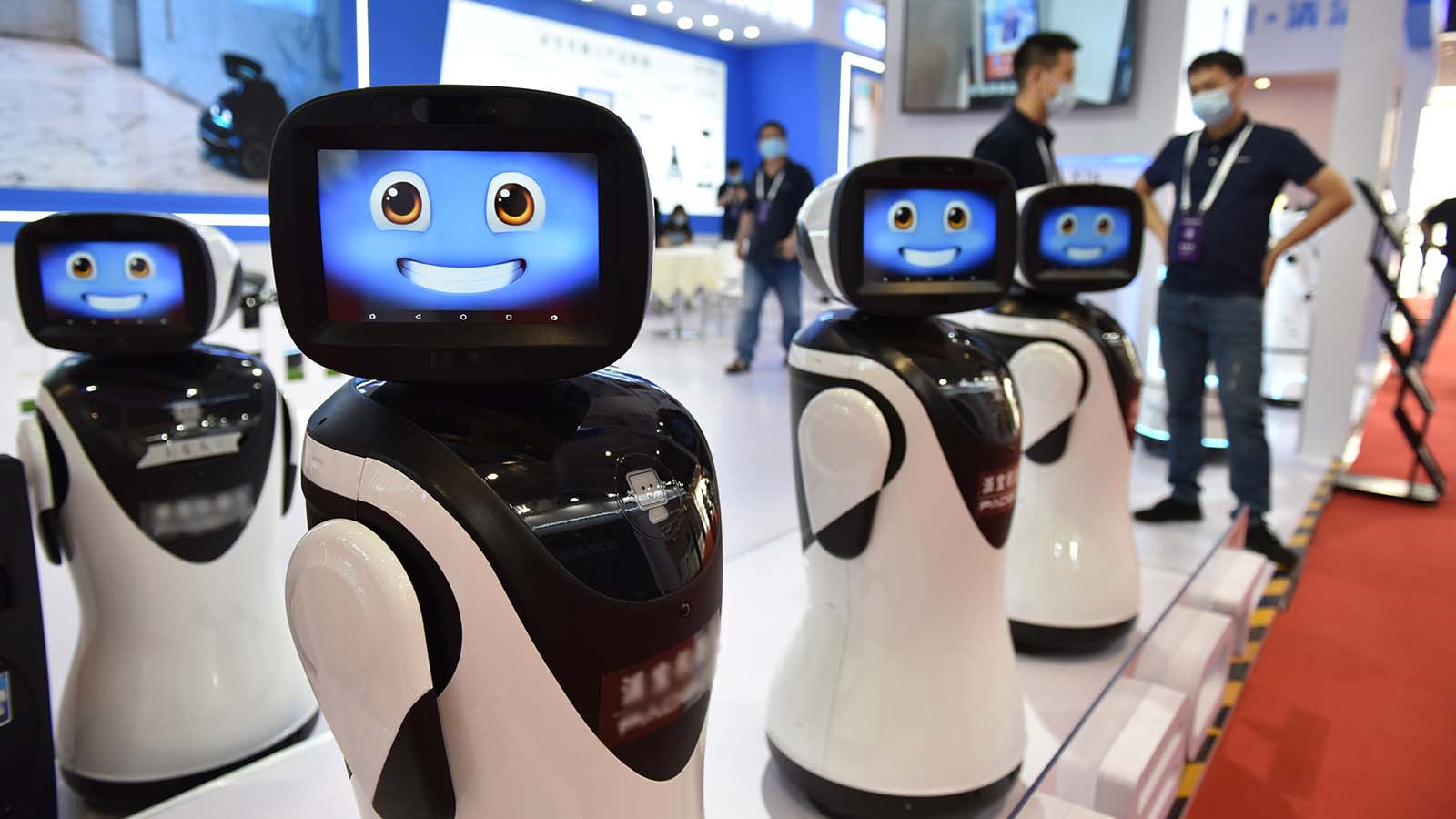ChatGPT users are still fuming about GPT-5’s downgrades – here are the 4 biggest complaints
Not quite the upgrade people wanted

Sign up for breaking news, reviews, opinion, top tech deals, and more.
You are now subscribed
Your newsletter sign-up was successful
OpenAI’s debut of GPT-5 came with many promises of a smarter, more effective AI platform capable of fulfilling many of the dreams of AI enthusiasts. The company was so confident in GPT-5 that it became the default model for ChatGPT, while the previous flagship GPT-4o model was removed from the AI chatbot.
The result went over poorly, judging from the thousands of complaints registered on Reddit and other social media platforms. From power users who relied on GPT-4o to people who thought of the vanished AI model as a friend or more, the blowback was fierce. In fact, it was loud enough that OpenAI reversed course and said GPT-4o will return as a selectable option for Plus subscribers.
The company still says the direction is the same, with plans to unify ChatGPT into a simpler, auto-switching experience. Still, the new model's issues and the way people responded to the company plucking GPT-4o from the menu of models show that not everyone subscribes to OpenAI's vision of AI's future. As for what led to so much outrage, the answers are varied, but all are tied together along similar themes. None of the complaints limited themselves to just one particular irritant, but they all pointed toward the same issues.
Clipped clips

One of the top-voted r/ChatGPT posts summed up the frustration over the new model as less impressive than its predecessor. “Short replies that are insufficient, more obnoxious AI stylized talking, less ‘personality’ and way less prompts allowed with plus users hitting limits in an hour… and we don’t have the option to just use other models.”
This isn’t just about length; it’s about the perceived ambition. The style complaint is telling, too, since it implies the safety and style filters are turned up, and the model’s personality has been flattened into corporate vanilla.
The prompt-limit complaint is essentially about trust as well – if Plus users can hit their cap that quickly, they likely feel like they’ve paid for something that’s already rationed. Underneath all that is a control issue: people want to decide how much of the AI’s brainpower and chattiness they’re renting for a session.
Rigid thinking

Another major complaint had to do with what many users said was the rigidity of how GPT-5 followed its algorithm. Many said they found GPT-5 to be less creative as a partner than GPT-4o. One thread started with someone explaining their occasionally chaotic brainstorming approach and how it worked with ChatGPT's different models.
Sign up for breaking news, reviews, opinion, top tech deals, and more.
"4o could keep up with me perfectly. It would go deep on A, then go deep on B, and then put them together in a way that made sense. GPT-5 feels like it gets stuck on A and can’t follow me to B and back smoothly. Its thinking is more linear and rigid," the Reddit poster explained.
"That’s fine for math or engineering because the reasoning is solid. But for brainstorming or organizing messy ideas, it just doesn’t work as well. It’s lost the ability to hold multiple threads and connect them naturally."
The rigidness also points to a deeper design choice by OpenAI for making GPT-5 better at being correct by limiting how much of a tangent it might go on. That might make sense for code, math, or legal drafting, but it alienates the people who come to ChatGPT for wild ideas and sprawling narratives.
Bland AI

For years, OpenAI has insisted ChatGPT isn’t a person. That doesn't mean people didn't anthropomorphize the AI, though, for better or worse. Yet, you don't have to want to believe ChatGPT is sentient to want to enjoy interacting with it. As part of a larger list of issues, one Reddit user explained that they find GPT-5 "creatively and emotionally flat" and "genuinely unpleasant to talk to."
"Where GPT-4o could nudge me toward a more vibrant, emotionally resonant version of my own literary voice, GPT-5 sounds like a lobotomized drone. It’s like it’s afraid of being interesting," they wrote. "GPT-5 just sounds tired. Like it's being forced to hold a conversation at gunpoint. I’m not asking it to be my friend: I just don’t want it to feel like I’m dragging it through every prompt."
What these complaints really mean is that GPT-5 doesn’t mirror back the user’s tone the way 4o did. Personality isn’t just about “fun” – it’s about rapport. Lose that, and even technically correct answers feel transactional. For creative professionals, rapport isn’t fluff – it’s what makes the AI feel like a partner instead of a tool.
Model choice
This was the complaint that got OpenAI to blink. One Reddit poster pointed out the hallucinations and forgetfulness of GPT-5 as the start of the problems.
"It feels unstable and inconsistent. GPT-4o was sharp, focused, and reliable," they wrote. "I did not subscribe to be part of a forced A/B test with no way out. I want GPT-4o back. I want the option to choose.”
As another put it, “To abruptly remove the old models and model picker, not even giving us a choice, was a bad move.”
In the end, none of these complaints exists in a vacuum. They’re not just about length limits or creativity; they’re about trust and control. The removal of choice was the most annoying issue to many because it turned what could have been framed as an optional upgrade into a compulsory migration. That’s why the loudest complaints married issues with GPT-5 with a demand for GPT-4o.
You might also like
- OpenAI's first AI Agent is here, and Operator can make a dinner reservation and complete other tasks on the web for you
- There’s a new AI agent ready to browse the web and fill in forms without the need to touch your mouse
- I tried this new AI agent that takes control of your mouse and keyboard to help get tasks done, and I can’t believe how good it is

Eric Hal Schwartz is a freelance writer for TechRadar with more than 15 years of experience covering the intersection of the world and technology. For the last five years, he served as head writer for Voicebot.ai and was on the leading edge of reporting on generative AI and large language models. He's since become an expert on the products of generative AI models, such as OpenAI’s ChatGPT, Anthropic’s Claude, Google Gemini, and every other synthetic media tool. His experience runs the gamut of media, including print, digital, broadcast, and live events. Now, he's continuing to tell the stories people want and need to hear about the rapidly evolving AI space and its impact on their lives. Eric is based in New York City.
You must confirm your public display name before commenting
Please logout and then login again, you will then be prompted to enter your display name.